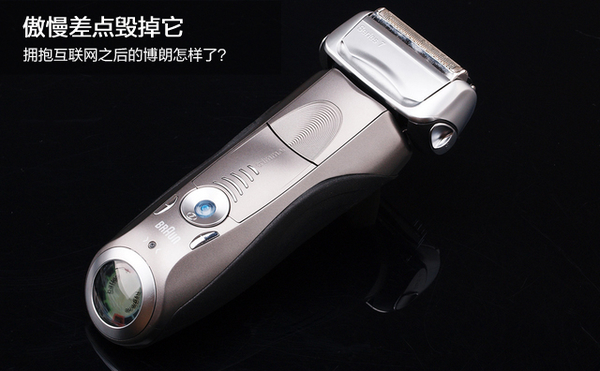[PConline Culture] German brand Braun, with a history of 96 years, has long been recognized in the industry for its strict quality control and minimalist design. However, its journey in the Chinese market has not been smooth.

Braun, as a pioneer in electric shavers, once focused heavily on high-end products, which led to issues such as overpricing, faulty items still being sold, and a poor user experience. These problems have repeatedly hindered its growth in the Chinese market.
Creating History: Leading an Electric Shaving Experience
Braun has always been a trailblazer in technological innovation, shaping a legacy of quality. Since introducing its first patented reciprocating electric shaver in 1951, it revolutionized the shaving experience by combining vibrating blades with ultra-thin, durable steel membranes. This innovation set a new standard in personal grooming.

"Design changes life" is the core philosophy that Braun has upheld for decades. While innovation is key for design-driven companies, Braun has remained consistent in five fundamental areas over nearly a century: German heritage, simple design, premium materials, cutting-edge technology, and meticulous craftsmanship. Today, whether it's temperature-controlled hair care products or high-frequency massage epilators, Braun continues to be known for its exceptional quality and elegant design.
Encountering Bottlenecks: Issues Persist in the Chinese Market
Despite its global reputation, Braun’s development in China has faced significant challenges. According to reports from the "Beijing Commercial Daily," some consumers have raised concerns about charging issues with certain models, including the 140s-1 and 150s-1 electric razors. One customer, Mr. Zhang from Haidian District, shared his frustration after purchasing the 140s-1 during the Double 11 shopping festival. The device failed to function properly after the Spring Festival, and he was unable to reach Braun’s after-sales service.
Although the after-sales team claimed that the charging issue was not a quality problem, similar complaints were reported for the 150s-1 model. It seems this is a common flaw among these two series. Notably, even after-sales staff are aware of these problems, yet the products remain on sale.

This situation raises questions about Braun’s commitment to quality. Despite being marketed as a high-end brand with German craftsmanship, the fact that defective products are still available on the market suggests a lack of action. Additionally, user reviews on platforms like Tmall and JD.com highlight dissatisfaction with the overall user experience, indicating that improvements are urgently needed.
There are several reasons behind Braun’s struggles in China. First, the brand has focused more on high-end products, neglecting the demand for affordable options, unlike competitors like Philips and Flyco. Second, quality control inconsistencies have led to faulty products being sold, which undermines consumer trust. Lastly, the pricing gap between international and domestic markets has also affected its appeal.

To boost its presence in China, Braun has taken steps to adjust its strategy. In 2013, it hired Chen Daoming as a spokesperson to increase brand awareness. However, despite these efforts, the issues with the 140s-1 and 150s-1 models persist. By focusing too much on short-term profits and ignoring product flaws, Braun risks losing long-term consumer loyalty in the Chinese market.
Future Outlook: Can Strategic Changes Boost Sales?
In recent years, Braun has begun to shift its approach. It has introduced more affordable, entry-level models and launched digital marketing campaigns on platforms like Zhihu and WeChat. The brand has also invited celebrities like Hu Ge and Huang Xuan as ambassadors to better connect with younger audiences.

According to the "China Electric Shaver Market Research Report for Q3 2016" by the Internet Consumer Research Center, both foreign and domestic brands are gaining attention. Philips leads with 54.9% of the market’s attention, followed by Braun at 17.1%, and Feike, a domestic brand, at 16.1%. In 2014, Philips held over 50% of the market share, while Braun ranked third with only 11.3% brand awareness.
With strategic adjustments and a more consumer-friendly approach, Braun has started to see improved brand visibility. Whether this will translate into increased sales remains to be seen. As the market evolves, how Braun adapts will determine its future success in China.
Dm Filter Inductor,Cylindrical Power Inductor,Ring Inductor Filter,Custom Common Mode Inductive Filters
Huizhou Show-Grand Electronics Co., Ltd. , https://www.sgtransformer.com